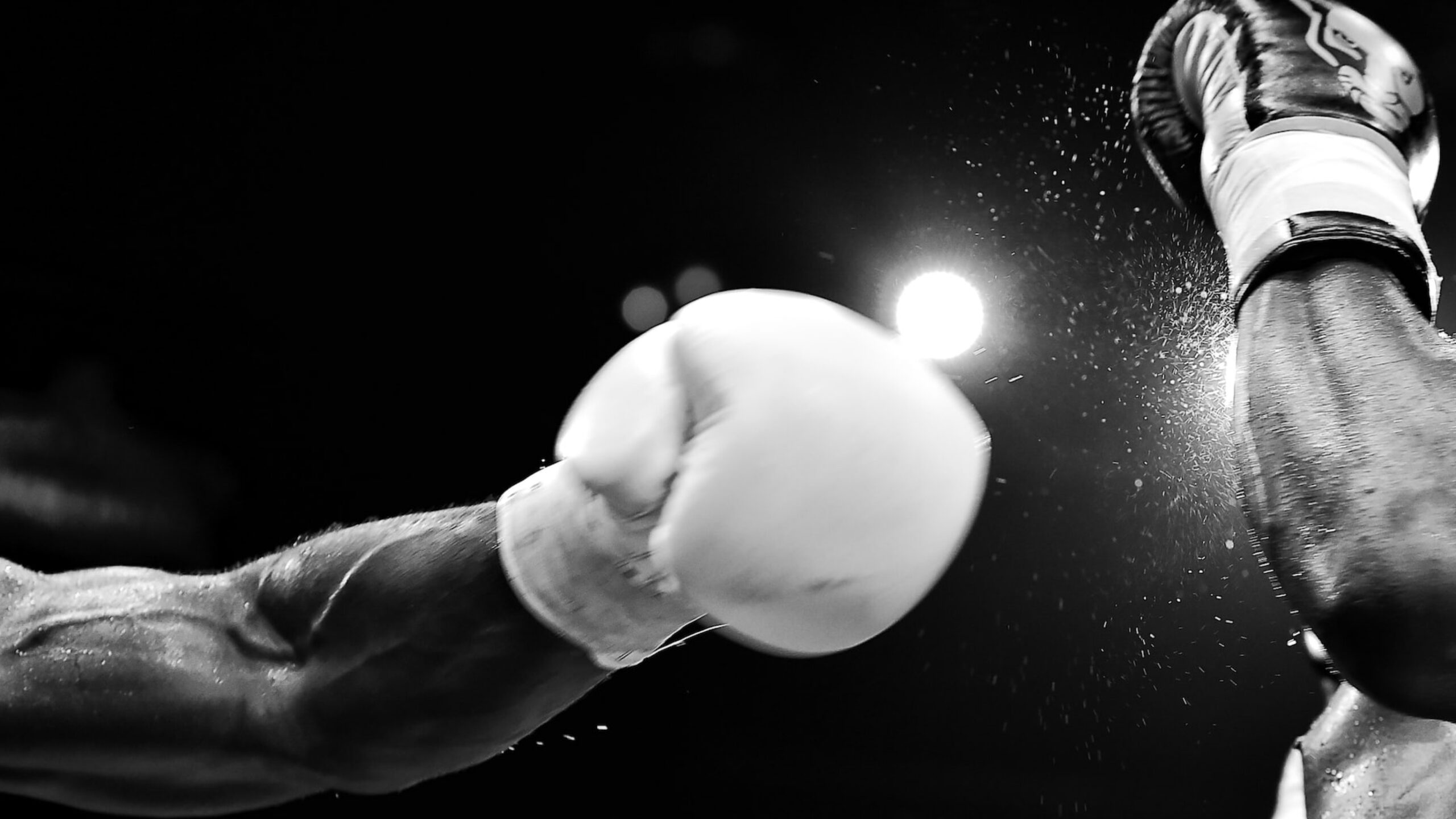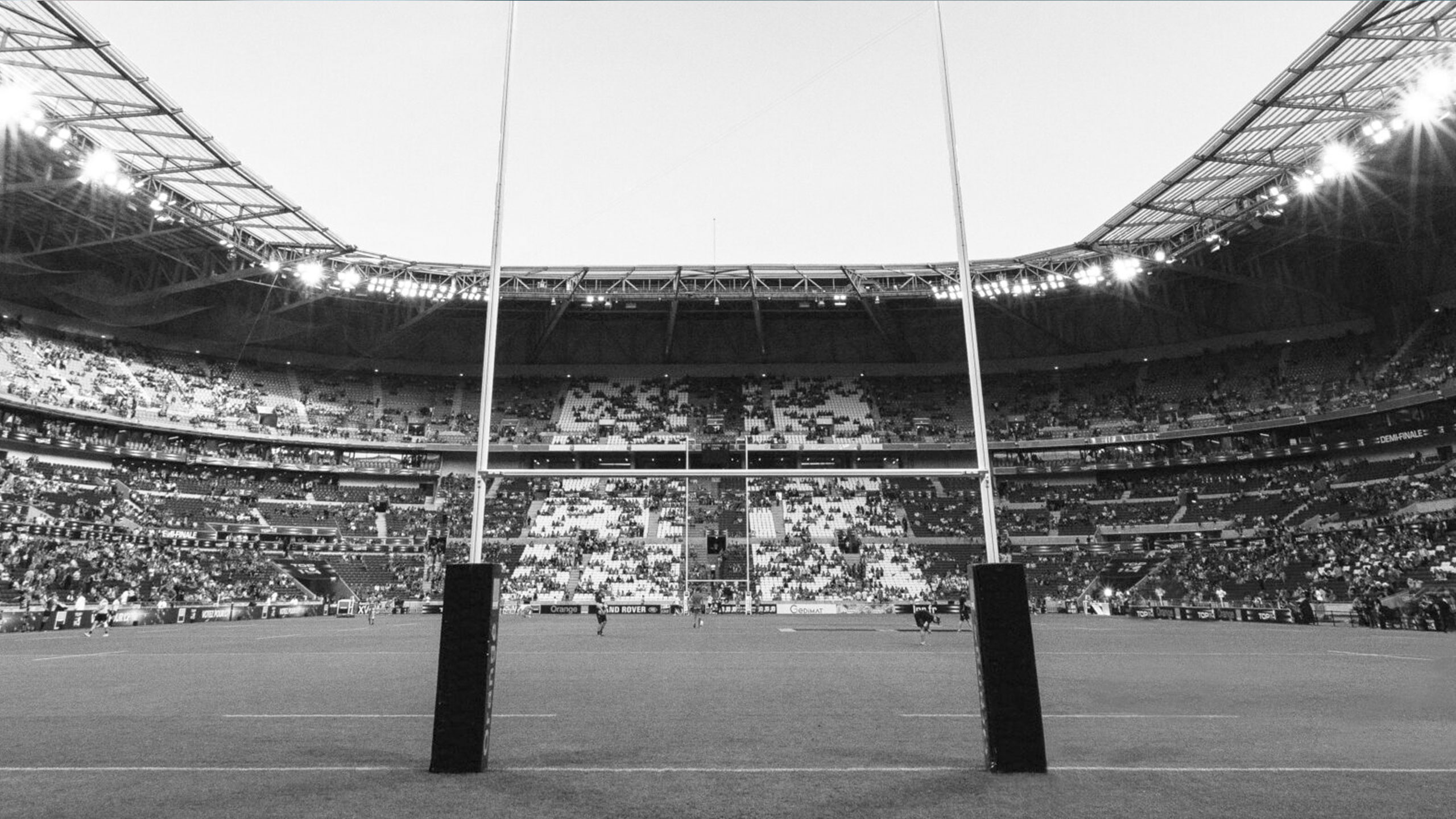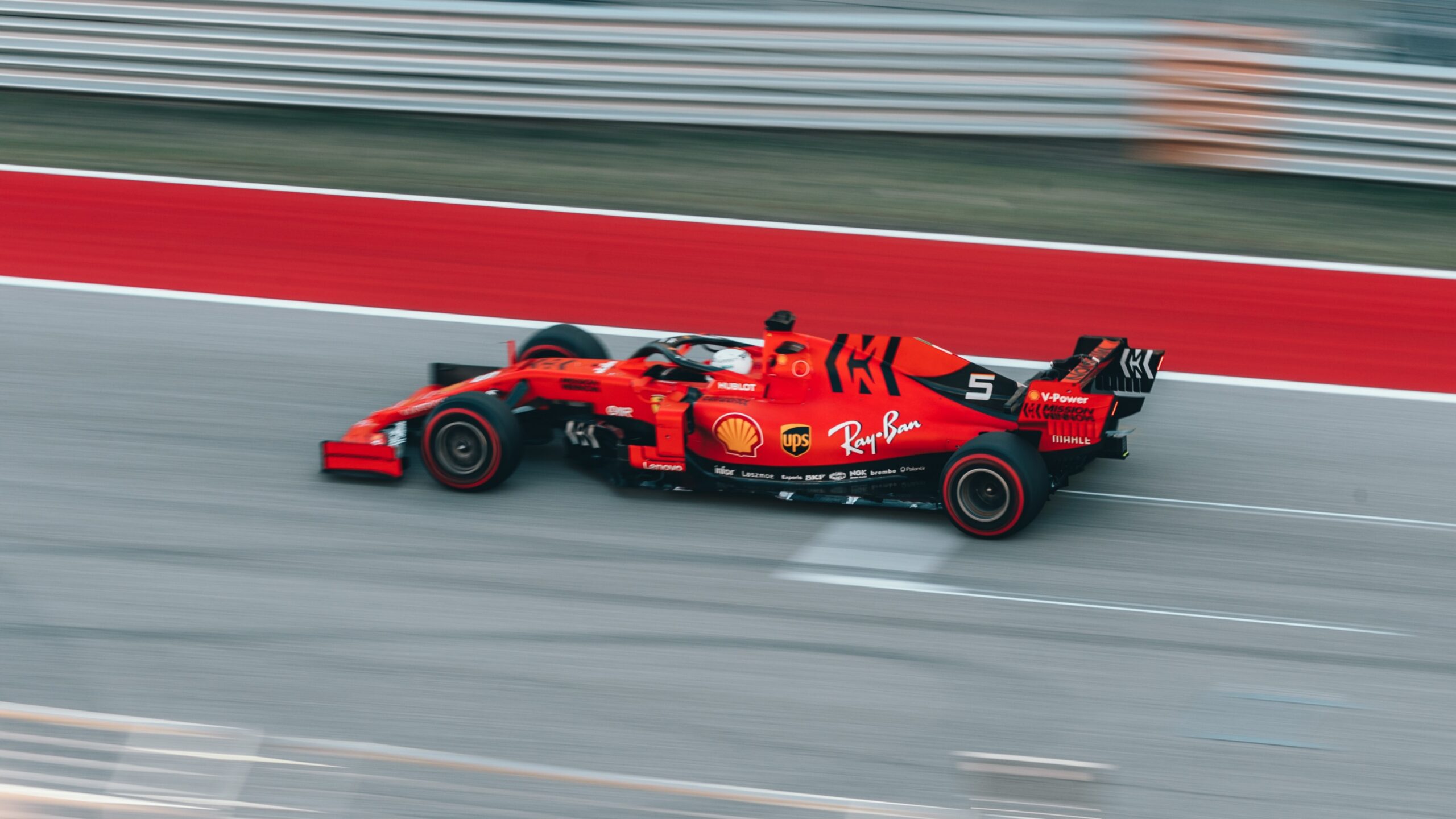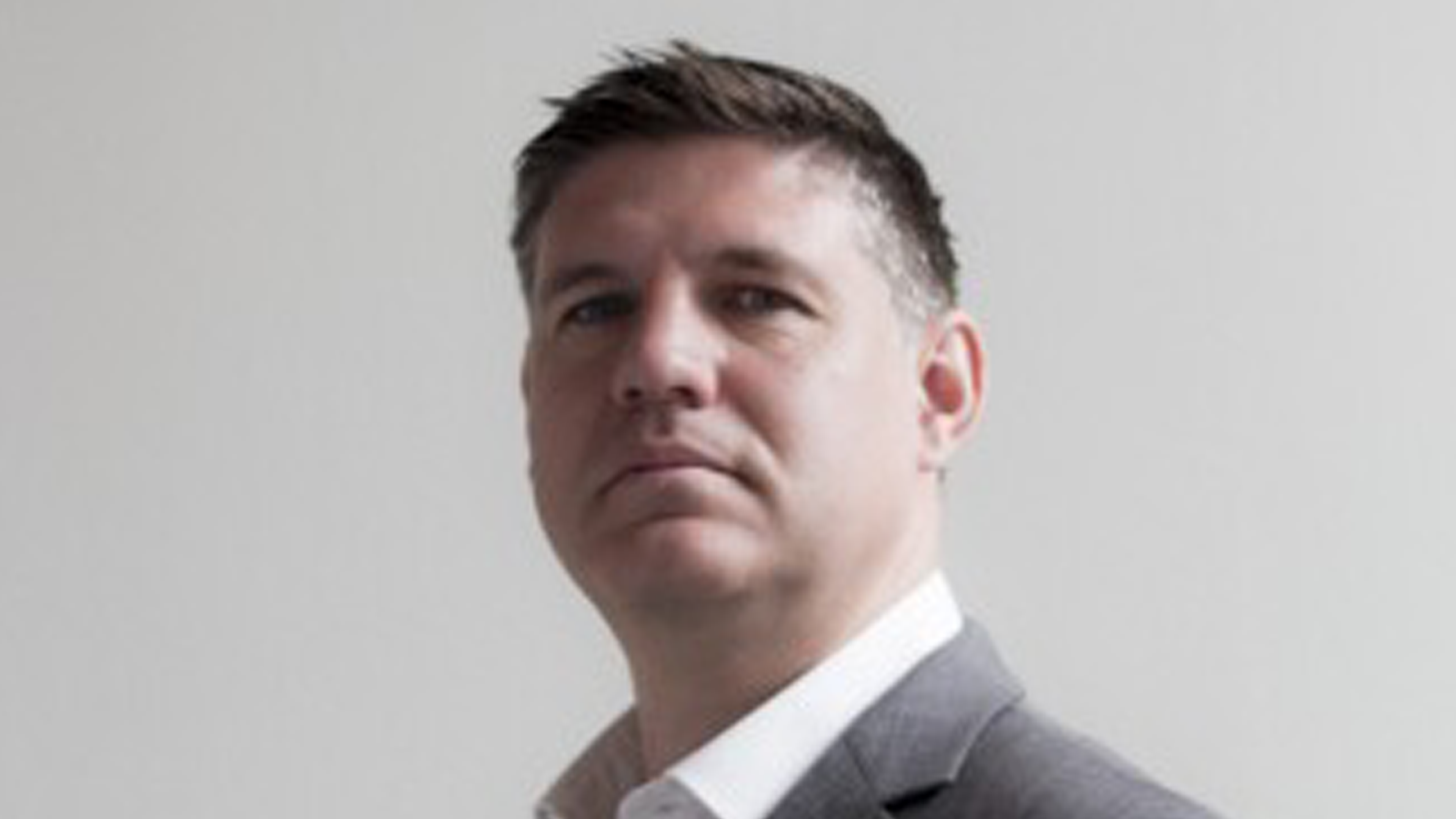Is Anthony Joshua still a knockout when it comes to brand partnerships?
23 December 2022

By Matthew Mower | Account Director
Britain’s success in the heavyweight division has seen boxing permeate the sporting discourse more than ever before on these shores. Sporting behemoths Tyson Fury and Anthony Joshua are without doubt global superstars, but their recent fortunes in the ring have been in stark contrast to the number of brands that have wanted to work with them.

In early December, Fury cruised to a stoppage win against Derek Chisora to retain his WBC world title and the undefeated Gypsy King has to be considered the biggest draw in the division. His second fight against Deontay Wilder ranks the seventh highest grossing pay-per-view boxing event ever and he sold out Wembley Stadium earlier this year.
With a profile like that, you would expect an entourage of CMOs throwing their hat in the ring to do a deal with Fury, but thus far any super-lucrative endorsement is yet to materialise. His most notable venture remains the release of the eponymous Furocity energy drink, available at Iceland and currently reduced from £1.50 to £1.00 a can.
While Fury certainly features in the conversation about Britain’s greatest-ever boxer and remains one of the biggest draws in the sport, he continues to divide public opinion for any number of reasons. A quick Google search of “Tyson Fury controversies” should suffice. There’s no doubting his pugilistic prowess but the prospect of signing a 12-month product endorsement with Fury would have brand execs whimpering as if they were about to fight the man himself.
Which brings us to Anthony Joshua. He shot to fame after winning Gold at the 2012 Olympics; his age-old story of bad-boy-done-good captured the hearts of the nation just five years after he put on a pair of gloves for the first time. The ever-shrewd Eddie Hearne quickly signed him up and the Sky/Matchroom marketing machine got to work: He’s the Mike Tyson you can take home to your mum.
Four years and 16 consecutive knockouts later, Joshua landed his first world title before unifying in a thriller against Wladimir Klitschko. Selling more pay-per-views than the infamous Tyson-Holyfield fight 22 years previously, the tremendously well-muscled and well-mannered AJ had well and truly arrived. If they hadn’t already done so, brands were taking notice.
Joshua signed deals with the likes of Beats, Jaguar Land Rover, William Hill, Hugo Boss and many more. At the height of his marketability, AJ was making £8.3m a year in sponsorships and endorsements; almost twice what pound-for-pound king and highest earner in the ring, Canelo Alvarez, makes in the same sphere.
Damaged goods?
More recently, a defeat at the hands of Andy Ruiz was avenged, albeit in circumspect fashion, before AJ was outboxed, twice, by the brilliant Oleksander Usyk. His sponsors would have been concerned, not only about Joshua’s dethroning in a sporting sense, but also by his bizarre outburst at the end of the second fight where he was criticised for stealing the limelight from his winning opponent. While he was understandably distraught and possibly concussed, it jarred badly with his stay humble manifesto.
And that’s certainly been reflected in the balance sheet. Joshua’s 258 Marketing, the entity responsible for sponsorships and endorsements, reported a 35-per-cent decrease in revenue, with income falling from £8,453,578 to £5,527,952 from February 2021 to February 2022. The reason for this is reported as “third parties placing less value on the use of the fighter’s image rights”.
All of this begs the question of how marketable a commodity the once sought-after Anthony Joshua is.
Storytelling has been a buzzword among marketeers for a good few years now, but there’s no doubt that it is possible to create valuable, emotional connections with consumers by creating compelling narratives around your brand. The tale of redemption is a story as old as time and there’s no doubt that Joshua, who will be embarking on a mission to rebuild his career over the next couple of years, will offer an interesting platform. If your brand proposition is all about never giving up, AJ could be the perfect embodiment of that.
Whether Joshua, at 33, scales the heights of the heavyweight division once again is up for debate. However, a tune-up fight against a lesser opponent followed by a second clash with Dillian Whyte could be his next move. Joshua would be fancied in both of those bouts and victory could finally set up a superfight against Tyson Fury – no doubt becoming the biggest event in British boxing history. A carefully structured partnership that focussed on securing as many media facing assets as possible would generate a huge amount of brand exposure across those three fights, not just on fight night but via the omnipresent multimedia build-up which has become synonymous with Joshua’s fights. The “Gloves Are Off” preview of his last fight against Dillian Whyte has 1.5 million YouTube views alone.
Of course, celebrities are now media companies in their own right, with social platforms providing excellent reach across relevant audiences. Joshua’s 14.6 million Instagram followers dwarf Fury’s 5.7 million. Building social media posts into any deal would be a must and potentially offer brands an authentic way of amplifying the partnership all at an effective cost-per-thousand. To boot, Joshua is articulate, good-looking and likeable. That is a somewhat rare trio of qualities alongside his obvious boxing capabilities, and opens up a world of opportunities in the content creation space.
The risk, in all of the above, is that Joshua’s comeback doesn’t go to plan and that the curtain is drawn on his career in deflating fashion. There is no sport quite like boxing in which an athlete’s entire career can fall flat on its face in a split second and that is the risk that a brand would have to take. While AJ’s stock is relatively low and he takes his first steps on the comeback road, that might just be a risk worth taking.
THOUGHT LEADERSHIP – Continue Reading


